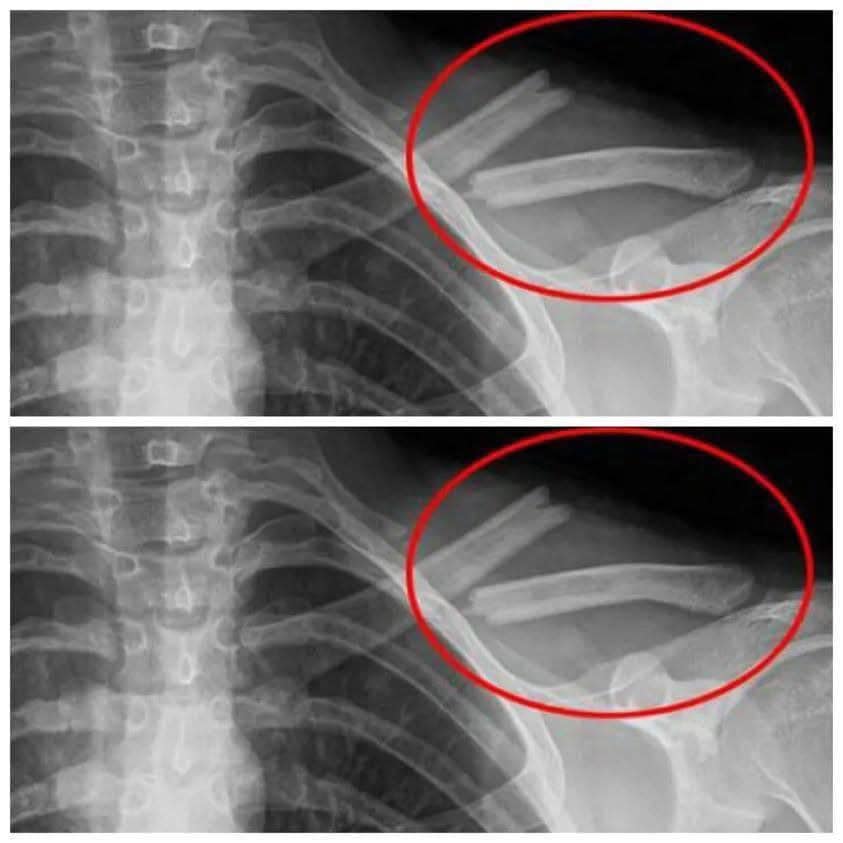Soda is often seen as a harmless treat, a quick pick-me-up, or a staple at parties and gatherings. Its fizzy sweetness has become a cultural norm in America, where the average person consumes about 12 ounces of soda every day. While it may seem like a small indulgence, the health risks associated with soda consumption are anything but minor. Beneath its bubbly exterior lies a host of dangers that can significantly harm your health, from weakening your bones to increasing your risk of chronic diseases.

The Hidden Dangers of Soda
Soda is far more than a sugary drink—it’s a serious threat to your well-being. Its impact spans across multiple areas of health, causing both short-term discomfort and long-term complications. Let’s explore the harmful effects of soda and why it’s time to rethink your beverage choices.
Weight Gain and Obesity
One of the most immediate and visible consequences of soda consumption is weight gain. Loaded with sugar, a single can of soda often exceeds the recommended daily intake of added sugars. These excess calories offer no nutritional value and contribute to rapid weight gain. Additionally, soda causes spikes in blood sugar levels, leading to insulin release and encouraging fat storage. Over time, this cycle can result in obesity and associated hormonal imbalances, making it even harder to maintain a healthy weight.
Liver Damage
Soda’s high fructose content doesn’t just affect your waistline—it also wreaks havoc on your liver. High-fructose corn syrup, a common sweetener in soda, is metabolized in the liver. When consumed excessively, it can lead to fat buildup in the liver, a condition known as non-alcoholic fatty liver disease (NAFLD). Left unchecked, this can progress to inflammation, scarring, and even cirrhosis, permanently damaging this vital organ.
Tooth Decay
Soda is one of the worst culprits when it comes to dental health. Its high sugar content feeds harmful bacteria in the mouth, leading to plaque buildup and tooth decay. Additionally, the acids in soda erode tooth enamel, making teeth more susceptible to cavities and sensitivity. Over time, this can result in significant dental issues, requiring costly and painful treatments to repair the damage.
Kidney Problems
Your kidneys play a critical role in filtering waste and maintaining a healthy balance of minerals in your body. Soda consumption can disrupt this balance, increasing your risk of kidney stones and impairing kidney function. Chronic soda drinkers are more likely to experience kidney-related complications due to the high levels of phosphorus and other additives found in the beverage.
Diabetes
The link between soda and Type 2 diabetes is undeniable. Consuming sugary drinks regularly causes insulin resistance, a key factor in the development of diabetes. The more soda you drink, the higher your risk of developing this chronic condition, which comes with a host of complications, including heart disease, nerve damage, and vision loss.
Bone Weakening
Soda doesn’t just harm your teeth—it also has a profound impact on your bones. Phosphoric acid, commonly found in soda, interferes with calcium absorption, a mineral essential for strong bones. Over time, this can lead to decreased bone density and a higher risk of osteoporosis. Women, in particular, are more susceptible to these effects, especially as they age. The more soda you consume, the greater the likelihood of brittle, fragile bones that are prone to fractures.
Heart Disease
The damage caused by soda isn’t limited to your bones and teeth. Regular soda consumption has been linked to an increased risk of heart disease. The high sugar content contributes to metabolic disorders, high blood pressure, and elevated triglycerides, all of which strain your cardiovascular system. This increases your risk of heart attacks, strokes, and other cardiovascular complications.
Why Quitting Soda Is Life-Changing
Eliminating soda from your diet is one of the most impactful changes you can make for your health. The benefits of quitting soda often outweigh even those of quitting smoking, as soda impacts nearly every system in your body. Here are just a few of the health improvements you can expect:
- Weight Loss: Cutting out empty calories from soda can help you shed pounds and maintain a healthy weight.
- Stronger Bones: Reducing soda intake allows your body to absorb calcium more effectively, improving bone strength.
- Better Liver Health: Your liver can recover and function more efficiently without the strain of processing excessive fructose.
- Healthier Teeth: Eliminating soda reduces enamel erosion and cavity risk, improving your overall dental health.
- Lower Risk of Diabetes: Removing this sugary drink from your diet can significantly lower your chances of developing Type 2 diabetes.
- Improved Heart Health: By reducing sugar and metabolic strain, you’ll improve your cardiovascular system and reduce your risk of heart disease.
Take Charge of Your Health
Quitting soda might seem challenging at first, especially if it has been a regular part of your life. However, the rewards far outweigh the initial discomfort. Switching to healthier beverages like water, herbal tea, or naturally flavored sparkling water can help you transition while still enjoying a refreshing drink.
The truth is, soda is more than just a harmless indulgence—it’s a serious threat to your health. From weakening your bones to contributing to chronic diseases, the risks far outweigh the temporary enjoyment it provides. By eliminating soda from your diet, you’re not just making a small change—you’re taking a significant step toward a healthier, longer, and more vibrant life. Your future self will thank you for making this simple but powerful choice today.





